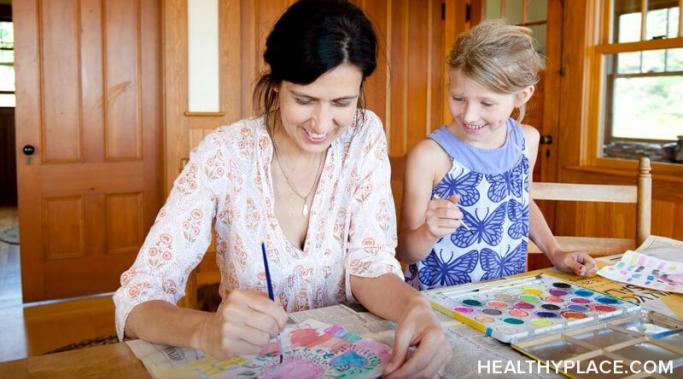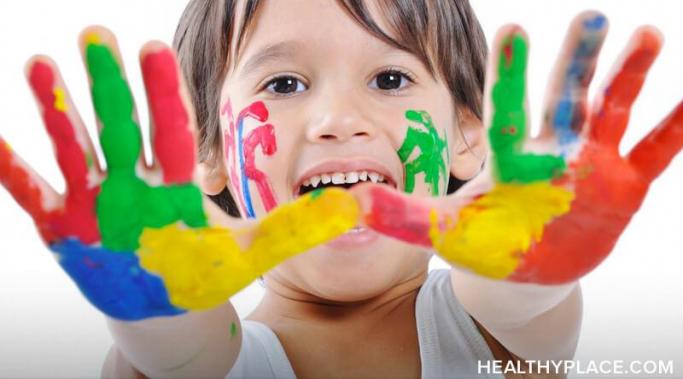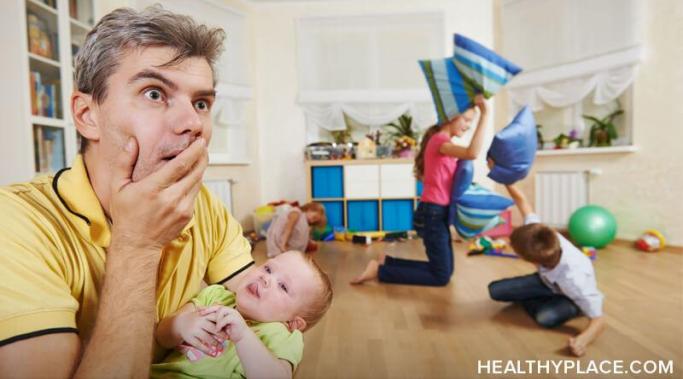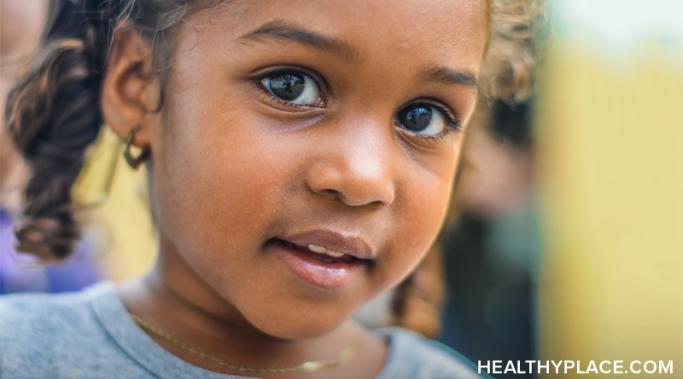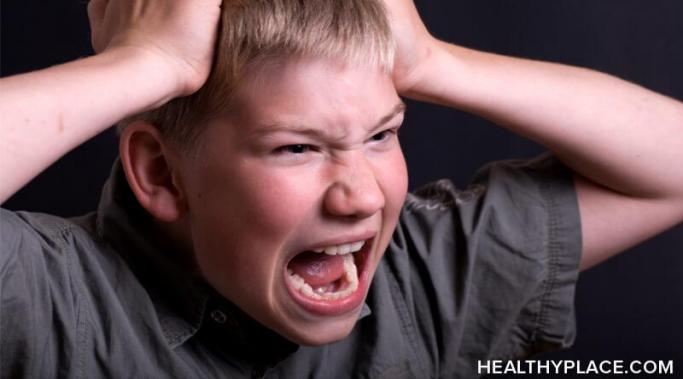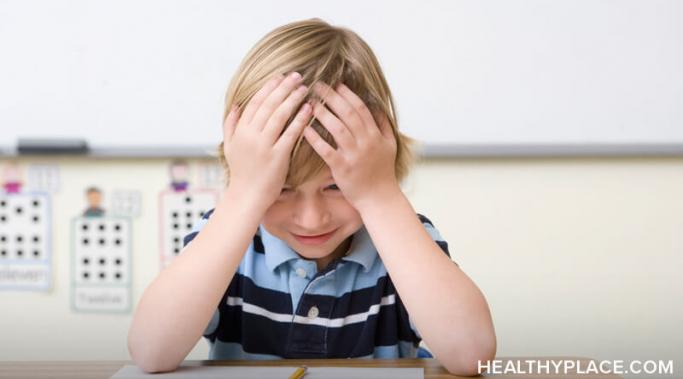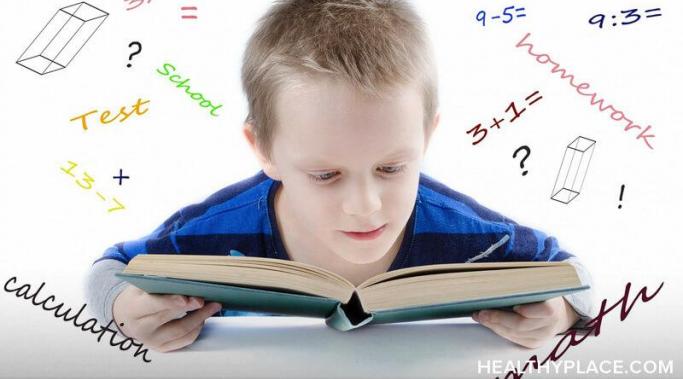A little while ago, I wrote a post about how I'm okay with my child having a mental illness. More recently, I was thrilled to learn that he feels the same way. My child wants to keep his attention-deficit/hyperactivity disorder (ADHD), and he isn't a fan of the idea of someone taking it away.
School Issues
One afternoon, I talked to a friend after work about the disconnection I've been feeling lately with my child. My kid argues with almost everything I say (at least, it feels like everything), he never stops talking or moving, and he's been having problems at school. Sometimes I feel like I'm losing control of the situation because I'm not always sure what to do about my child's mental illness, much less how to treat it. What my friend asked me next was, "Have you tried coloring with him?"
Because of the COVID-19 pandemic, my local school system has closed until further notice. The problem is, I still have a child with attention-deficit/hyperactivity disorder (ADHD) at home who needs to learn, grow, and stay busy. I still have a full-time job and a pile of bills that aren't going anywhere. And I still wrestle with a lot of depression and anxiety that makes it difficult to hold everything down without the reprieve of an eight-hour school day. So what's the trick? How have I learned to take care of my child's ADHD, education, and all of my other responsibilities in the face of such unpredictable school closures?
In case you haven't noticed, COVID-19 has transformed how everyone gets everything done, including how we parent in this pandemic. It's especially changed how I raise a child with attention-deficit/hyperactivity disorder (ADHD).
Sometimes school and childhood mental illness don't mix well. At least, that seems to be the case for my son, who has attention-deficit/hyperactivity disorder (ADHD).
The use of restraints for children with mental illness in hospitals and schools is common and legal. While instances of abuse and overuse do happen and should be taken very seriously, this post isn't meant to debate whether they should be eliminated in treatment. Neither is it meant to promote the use of restraints. Instead, this is a look at how my own family has experienced them.
Back to school tips for parents of kids with mental illness will help you and your child manage the back to school season with all its excitement and anxiety. We get new clothes, supplies, and worries. When a child has a mental illness, we also have to consider psychiatric medications, whether teachers can manage behaviors, how the school handles disciplinary actions, and childcare for the days our kid is asked to leave early or gets too anxious to go at all. Below are some going back to school tips to help prepare you and your child with mental illness.
The definition of the least restrictive environment is part of the Individuals with Disabilities Education Act (IDEA). It mandates that children with disabilities should learn alongside their regular education peers as much as is safe and possible. Why is it so important that our children with mental illnesses be included in the least restricted environment?
The transition to middle school from elementary is tough for any kid, let alone kids with attention-deficit/hyperactivity disorder (ADHD). Middle schoolers are hormone-riddled, parent-defying, not-quite-adolescent bundles of angst who suddenly find themselves more independent and socially engaged than ever. Many of our kids with ADHD spent years just trying to manage one classroom in elementary school. As parents, we're just as anxiety-ridden when we have to figure it all out again when our children transition to middle school.
Twice-exceptional children are gifted children with mental illness, and they often get overlooked in school. A mentally ill child's problem behaviors may mask their strengths, or their behaviors may frustrate teachers so much that teachers overlook the child's strengths. These gifted kids with mental illness are twice exceptional and we should recognize them and push them as much as we do the typical gifted child.

